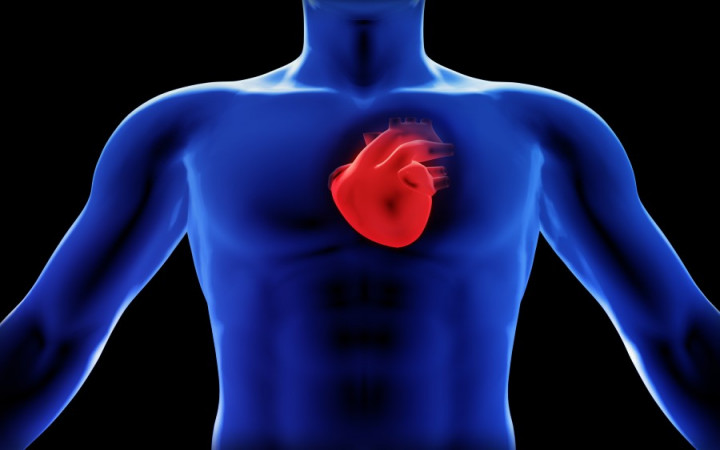After a long day of school, you head straight to volleyball practice. You work hard and sweat through a grueling hour and a half of running, jumping, and batting balls around the court. When your dad picks you up, there's one thing on your mind: dinner!
You're starving! Luckily, when you get home, your mom has a special treat waiting. As you enter the kitchen, you smell the amazing aroma of baking bread. She opens the oven door and there on the middle shelf is the object of your desire: a piping-hot pepperoni pizza with plenty of bubbling cheese.
You can barely wait to sink your teeth into a slice. The spicy tomato sauce and seasoned pepperoni blend together perfectly with the melted cheese, fresh crust, and minced garlic. It tastes incredible, and it doesn't take you long to devour several pieces, filling your belly with the warm, delicious treat.
After a shower, you stretch out on your bed to do your homework. Before long, you notice a bit of a rumbling in your tummy. *Burp!* Oops! That delicious pizza appears to have caused a bit of upset in your stomach. Soon you feel a burning sensation in the back of your throat. What's going on here? You've got heartburn!
Heartburn sounds like a life-threatening heart condition. However, it doesn't actually involve your heart at all. Heartburn occurs when stomach acid is pushed up out of the stomach into your esophagus.
The esophagus is the tube that moves the food you eat from your mouth to your stomach. There is a muscular valve between the esophagus and the stomach known as the lower esophageal sphincter (LES). It usually works to keep stomach acid from leaving the stomach and finding its way into the esophagus.
When the LES either opens at the wrong time or doesn't close properly, stomach acid can leak back into your esophagus. Stomach acid is very powerful. It doesn't take much of it to burn the esophagus, and that's what causes the burning sensation we all know as heartburn.
Heartburn is also sometimes referred to as esophageal reflux. In addition to a burning sensation in your throat, heartburn can also leave a sour or bitter taste in your mouth. People of all ages experience heartburn. It's a common problem, and there are many over-the-counter remedies that can help you when you're suffering from heartburn.
There are several things you can do to try to prevent heartburn. Avoid foods that frequently give you heartburn. For many people, spicy peppers and citrus fruits can lead to heartburn regularly. Eating slowly and eating smaller meals can also help. If you're an athlete, don't eat and then try to exercise immediately.
Although most people will experience heartburn occasionally, some people suffer from severe heartburn on a frequent basis. If this happens to you, it could mean that your LES is not working the way it should. When this happens, a doctor may tell you that you have gastroesophageal reflux disease (GERD).
GERD, more commonly known as acid reflux, can affect anyone, even healthy teens. If you suspect you may have GERD, you need to see a doctor. Over time, people with GERD can experience permanent damage to the esophagus and even cancer. With proper diagnosis, however, GERD can be treated with a variety of medicines and treatments.




